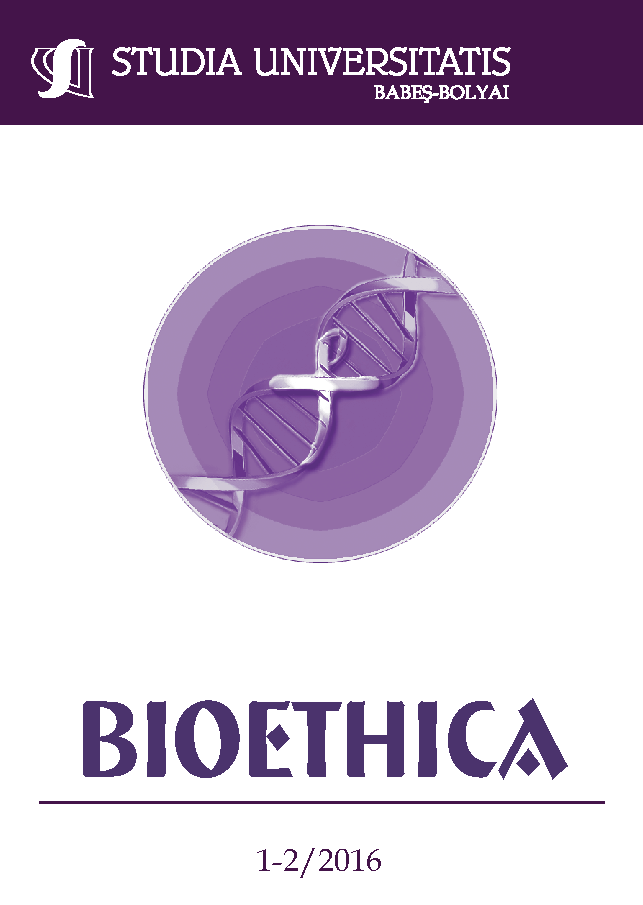TEACHING BIOETHICS IN PERU. Interview with Yordanis ENRÍQUEZ CANTO, PhD on Bioethics, Associate Professor of Bioethics at the Universidad Católica Sedes Sapientiae, Lima, Perú
Abstract
It is difficult to give a definition that in any way clarifies the identity of the bioethicist. However, it is possible to assert that the activity of the bioethicist has a philosophical nature. This is because the questions that a bioethicist asks about technosciences are philosophical in nature. These topics have to do with the meaning of the construction of human identity within the technological action. On the other hand, it is possible to point out two important characteristics. The first is that their work is expressed as critical conscience. What is this critical conscience? A critical conscience provides a clarification of a specific practical and theoretical content introduced by technosciences. This conscience also tries to understand the historical condition of contemporary man - regardless of its geographical location - and, from it, make value judgments. The second characteristic is relative to the method with which it works and which is expressed in an esprit de finesse. That is, in its ability to use language precisely and to make distinctions between notions.
Downloads
Published
How to Cite
Issue
Section
License
Copyright (c) 2016 Studia Universitatis Babeș-Bolyai Bioethica

This work is licensed under a Creative Commons Attribution-NonCommercial-NoDerivatives 4.0 International License.






